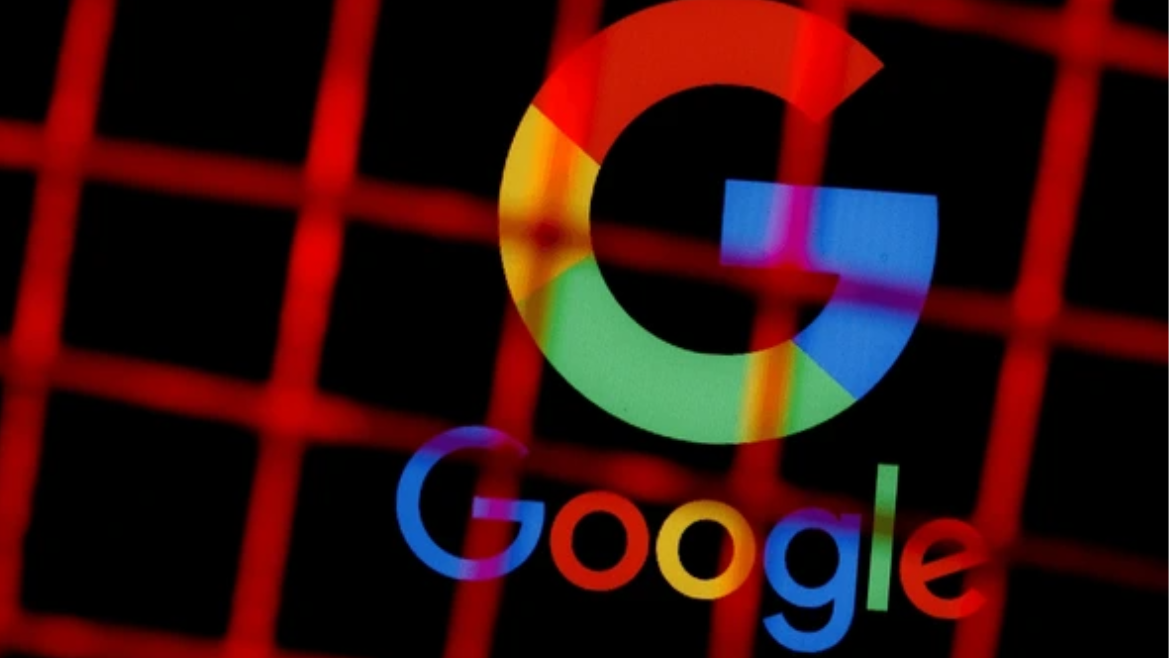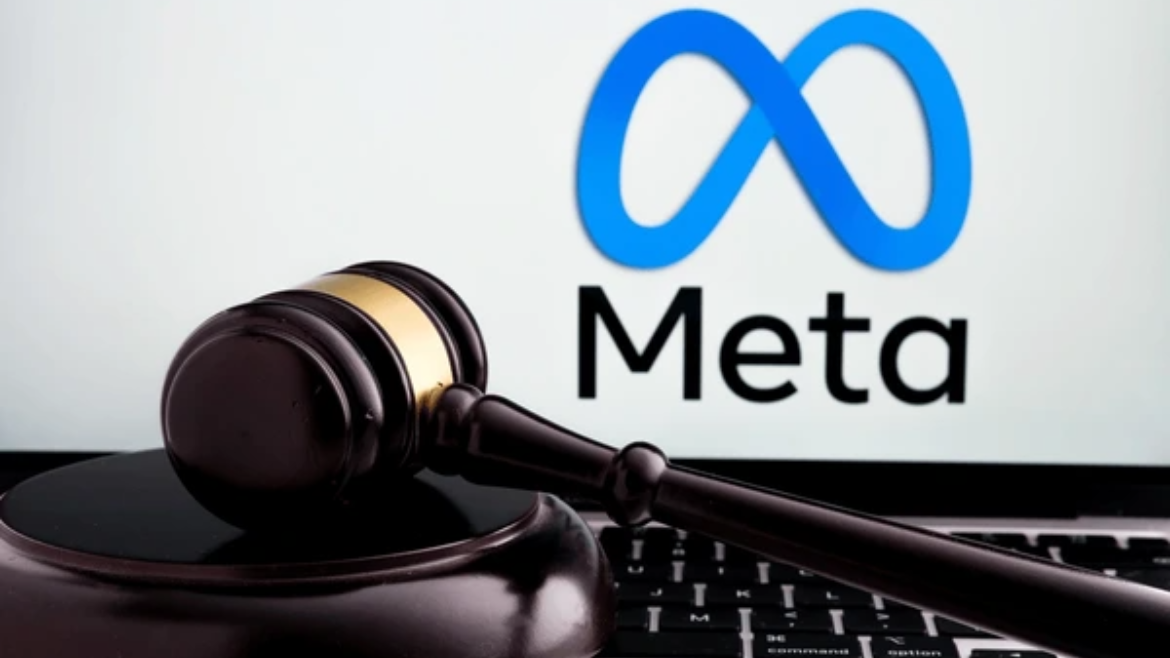Introduction
In the past ten years, blockchain technology has radically changed and provided open new business opportunities and transformed completely industries. Perhaps in 2025, this is going to have an even bigger impact on human life. Below, we talk about how blockchain technology drives innovation by opening up more business opportunities that change how humans store data as well as make transactions.
What is a blockchain?
It is an open-source decentralized digital ledger. It records multiple transactions across more than one computer. Thus it ensures that previous ones cannot be manipulated, thus boosting security and transparency, unlike a conventional database which could be accessed under the authority of a central operator. It happens on a decentralized peer-to-peer network, by which all users can use the whole database.
Key features of Blockchain:
1) Decentralization:
There is no single entity that has control over the entire network. This reduces fraud risk and makes it more secure. Decentralization is what prevents data manipulation and ensures all participants have access to information equally.
2) Transparency:
All transactions are visible to participants, which builds trust among users. This is very important in industries such as finance and supply chain management, where trust is paramount.
3) Immortality:
Once it is recorded, data can never be altered and hence always remains pure. This property is critical in industries which would require extreme security for the data, such as healthcare and finance.
4) Smart Contracts:
Such contracts are self-executing and contain all the terms directly written into code. They automate processes, removing the need for intermediaries, thereby reducing costs and increasing efficiency.
Business Opportunities in 2025
1) Supply Chain Management
It can revolutionize supply chains by providing real-time tracking of products. Companies can monitor their goods from production to delivery, ensuring authenticity and reducing fraud. For instance, consumers can verify the origin of their food, leading to safer choices. In addition, it can improve inventory management, reduce waste, and enhance collaboration among supply chain partners.
2) Financial Services
The financial sector stands to benefit most from blockchain. We expect to see the following by 2025:
Faster Transactions:
It enables instant transfers at minimal fees. This can shave off the time and cost that usually accompanies traditional banking; it opens cross-border payments, and it will expand access to underserved populations to financial services.
Cryptocurrencies:
More corporations will employ cryptocurrencies in transactions, leading to an increase in earnings. Increasing recognition of cryptocurrencies with clear regulatory rules will allow consumers to conduct transactions on their preferred digital currency.
Decentralized Finance (DeFi):
The increasing adoption of platforms for decentralized financial services, including executing financial transactions without an intermediary, presents another opportunity by 2025 to change lending and insurance products in decentralized settings as well as other innovative finance products.
3) Healthcare
It will be able to store patient records securely in the healthcare sector. This will only allow access to authorized personnel. It can improve data sharing among hospitals and clinics, thus resulting in better outcomes for patients. It shall improve traceability in pharmaceuticals and help curb counterfeit drugs, thus ensuring authentic medicines to patients.
4) Real Estate
It can streamline property transactions since it offers an open and safe way of keeping ownership records. Smart contracts can streamline processes like making payments and transferring titles, minimizing the involvement of middlemen in the form of real estate agents and lawyers. Besides saving time, this also saves on costs and instils confidence between parties.
5) Identity Verification
With the importance of online security growing, blockchain technology can be a secure method to verify identity. With a digital identity that is controlled by the users, it can help avoid any kind of identity theft and fraud. This new technology can be highly beneficial for sectors like banking, travel, and e-commerce which make it crucial to identify people.
6) Voting Systems
It can improve voting systems to make the systems more transparent, secure, and tamperproof. In other words, anonymous, tamper-free votes can be generated through it. By 2025, blockchains will see voting systems using it resulting in anonymous, free, and clean elections. People will feel stronger and vote more willingly.
Innovations to Expect
1) Enhanced Security Protocols
It security will be developed further to prevent cyberattacks as of 2025. It will be strengthened using methods such as quantum encryption and the latest cryptographic algorithms that will encrypt sensitive data to prevent information loss in a fully digital environment.
2) Interoperability
This will make the different blockchain networks connect and communicate better, allowing them to share data without interruptions. This will make better cooperation between companies and industries leading to new business models and partnerships, which were impossible earlier.
3) Green Blockchain
As sustainability becomes a priority, It can contribute to eco-friendly practices. Green blockchain initiatives will focus on reducing energy consumption and carbon footprints, such as using energy-efficient consensus algorithms. This shift will make blockchain a more viable solution for environmentally conscious businesses.
4) Tokenization of Assets
One could expect, as of 2025, asset tokenization from real estate and art to commodities to take hold in the global space. In effect, creating these digital tokens reflects ownership over some physical assets for trade and investment facilitation purposes. Tokenization helps democratize entry and access for many smaller investors, who now can share in a lot of formerly exclusively closed-off market exposure.
5) Education and Skills Development
Due to the widespread implementation of blockchain technology, educational institutions will more than likely continue with specialized programs based on development and implementation. This will lead to the building of an employable workforce capable of utilizing it for various needs, thereby driving innovation and economic growth.
Challenges Ahead
The future of blockchain does look promising; however, there are several challenges it still faces.
1) Regulatory Uncertainty:
Exploring how blockchain technology should be regulated remains a work in progress with governments. Clarity over-regulation will pave the way for innovation, protecting consumers and businesses.
2) Scalability Issues:
As usage grows, blockchain networks must ensure they can handle increased transactions without sacrificing speed or efficiency. Solutions such as sharding and layer 2 protocols will be essential in addressing these challenges.
3) Public Awareness:
Many people will still not fully understand blockchain, an aspect that works against its adaptation. Educational awareness and outreach activities will be essential for demystifying this technology and urging its adoption throughout the sectors.
Conclusion
With blockchain, we can imagine new business and innovation opportunities towards 2025 across the world. It brings about security, transparency, and efficiency, all aspects that can dramatically change an increasingly digitalized world. Challenges must be managed in business activities, while all opportunities in it should be tapped to maximize this potential.
In the context of being informed and staying adaptable, It can be embraced by organizations as a means of driving growth and innovation, thereby allowing them to stay competitive in an ever-changing marketplace. This will open the door to a future that is both more secure and efficient, as large businesses and consumers alike will realize the transformative power of blockchain. And there's no looking back now; the possibilities seem endless, and the journey is just beginning.














2 Comments
Verified Audemars Piguet Royal Oak 15710st price
8 months agoMichaelorick
8 months ago